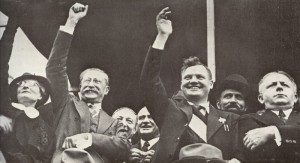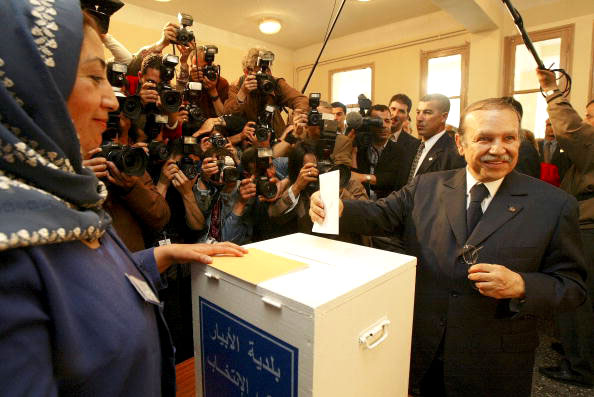David Broder looks at the similarities between the ‘workers’ government’ slogan and the cross-class strategy of the Popular Front

The recent history of struggle for communism, or even progressive social change, is not a happy one. While the last decade has seen struggles from which we can take some cause for inspiration, such as social movements in Latin America, general strikes in France and Greece and, even in Britain, the early days of the movement against the war in Iraq, our movement has struggled to offload the burden of the defeats it suffered in the 1980s. There is a crisis of confidence in the possibility of an alternative to capitalism, when every revolution in the twentieth century was defeated.
Given this long-term picture of repeated defeats, it is remarkable how Britain’s socialist groups are fixated with the general election which will take place in a few months time: already we see the calls for ‘guarded’ and ‘critical’ support for the Labour Party, for fear of ‘letting in the Tories’. Just one year after the greatest capitalist crisis for eight decades, we see the spectre of revolutionaries who only ask themselves which party of capital is ‘least-worst’: the short-term tactical consideration comes to shape their whole perspectives. But we will never be able to present an alternative pole of attraction, and make up for long-term historic defeats, if we allow the electoral calendar and the electoral prospects of right-wing social democrats to determine our short-term priorities. We should after all dispel, rather than propagate, mainstream politics’ understanding that you should vote for the least bad politician on offer (Labour’s main argument for the election…), based as it is on an assumption that working people cannot change anything ourselves.
Continue reading “is a “workers’ government” a capitalist government?” →







